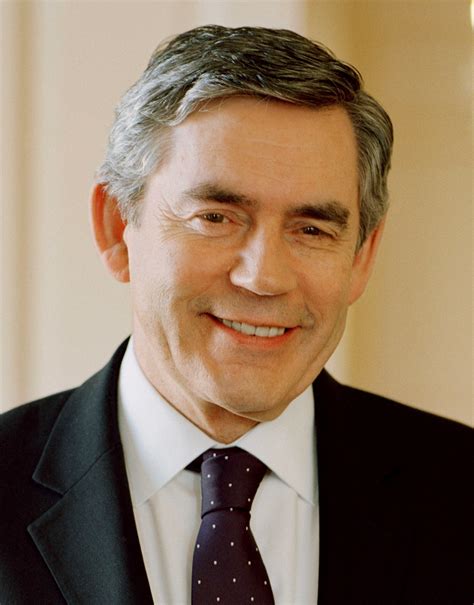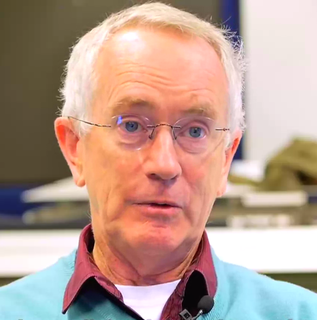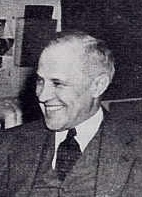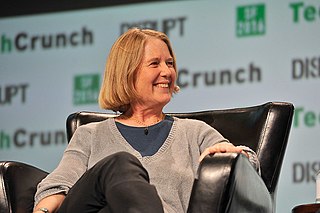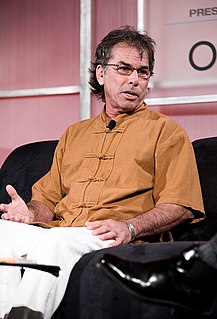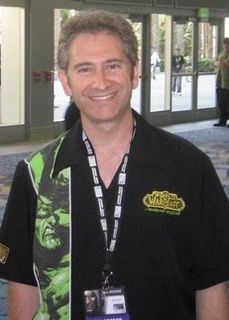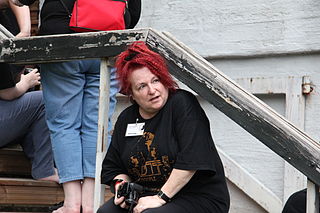A Quote by Annie Jacobsen
Many of the engineers I interviewed worked on reverse-engineering technology. It's a hallmark of Area 51.
Quote Topics
Related Quotes
Engineering is not merely knowing and being knowledgeable, like a walking encyclopedia; engineering is not merely analysis; engineering is not merely the possession of the capacity to get elegant solutions to non-existent engineering problems; engineering is practicing the art of the organizing forces of technological change ... Engineers operate at the interface between science and society.
Too many companies believe that all they must do is provide a 'neat' technology or some 'cool' product or, sometimes, just good, solid engineering. Nope. All of those are desirable (and solid engineering is a must), but there is much more to a successful product than that: understanding how the product is to be used, design, engineering, positioning, marketing, branding-all matter. It requires designing the Total User Experience.


